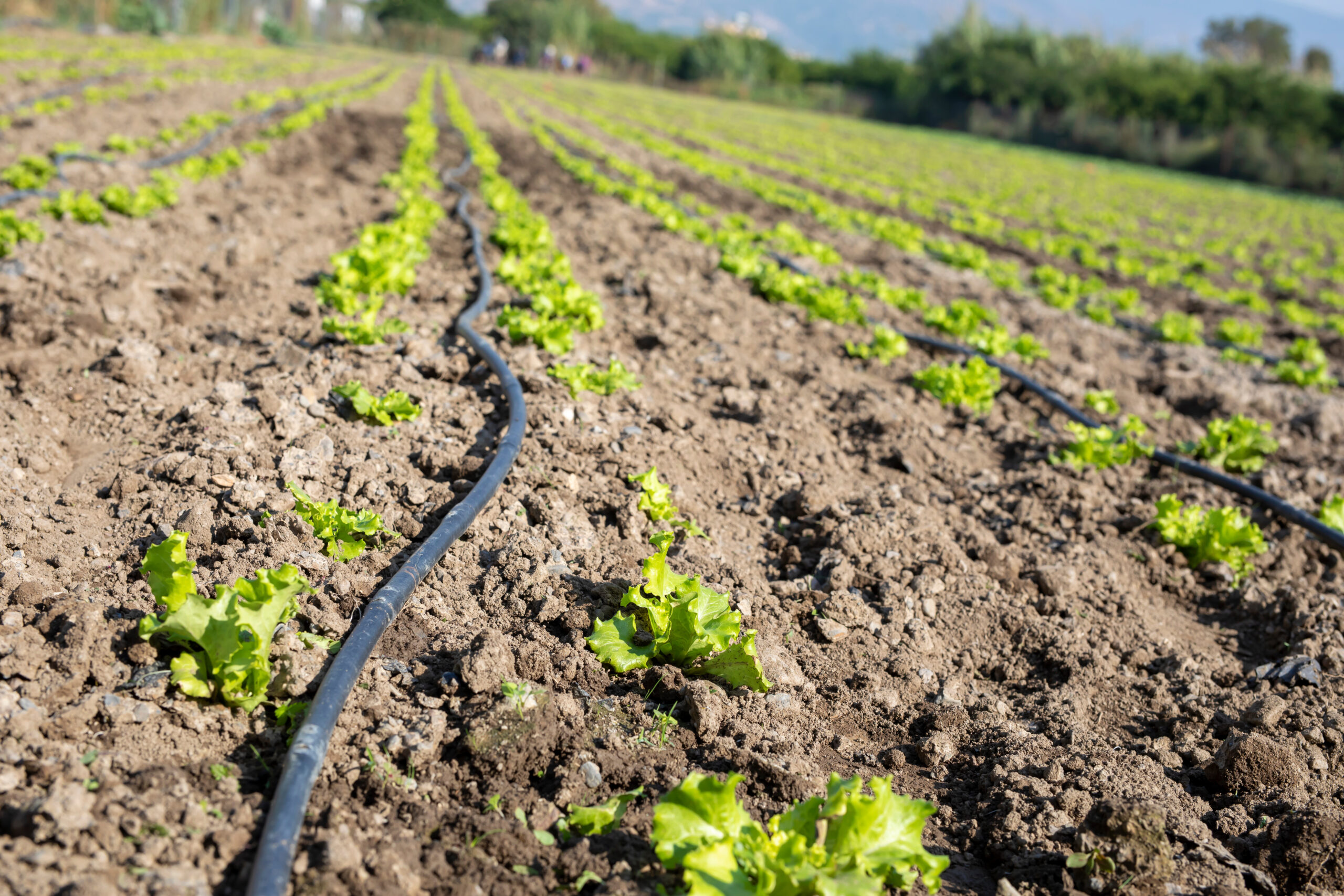
As a farmer, you know paying attention to the slightest of details can make all the difference in whether you make a profit or take a loss regarding your crops. To increase the chances your crops will come in better than expected, it will be important to have an efficient irrigation system in place. Yet because there are different types of systems, knowing how to design one that will work best can be challenging. To make this easier, here are some things you should always keep in mind.
Drip, Sprinkler, or Surface Irrigation?
Your first step in designing your irrigation system will be to choose the type of system you think will be most efficient for your farm. Of the three mentioned here, drip irrigation systems are widely viewed as being the most efficient. Made up of pressurized pipes, drip systems push water below or to the ground’s surface, ensuring more water gets to your plant roots. The efficiency rate of a drip system is nearly 100 percent, and it also uses up to 80 percent less water than other irrigation systems.
Take Advantage of Technology
You should also take advantage of technology when designing your irrigation system, especially irrigation software. By doing so, you can use software that has been created by irrigation engineers, and will be able to accurately calculate water pressure and flow levels and capacities. Cloud-based, irrigation software will allow you to greatly eliminate unpredictability while increasing your crop production.
Irrigation Scheduling
As you design your irrigation system, you should prioritize irrigation scheduling within your system’s design. Not only will this increase your crop productivity, but it will also prevent water and energy wastage. As you use the irrigation software and other high-tech devices, you will be able to measure and track soil moisture content, water capacity, and water demand during certain growth cycles.
Filtration Systems
One of the final steps in the design of your irrigation system is to consider adding a filtration system to the design. Excellent at increasing water efficiency, a filtration system can prevent irrigation pipes from becoming clogged. This will help you use less water and save money on labor costs.
When you take these steps and consider other factors as well, such as which types of crops need more or less water, it becomes easier to arrive at the best design for your irrigation system. Through a combination of using state-of-the-art software and the expertise of irrigation engineers, you can create an irrigation system that will produce a huge crop.

